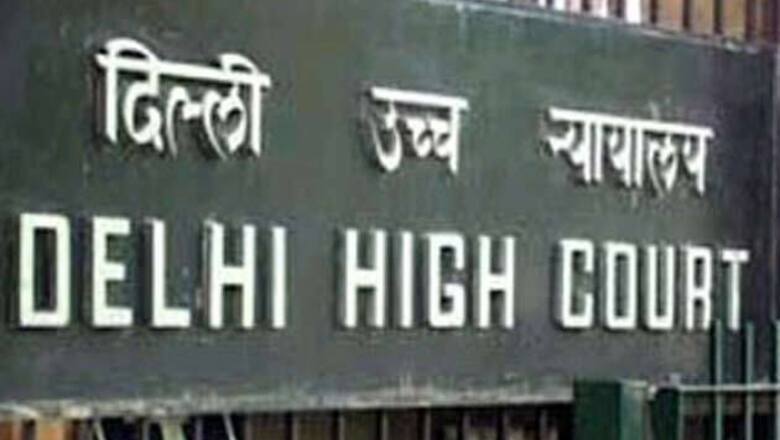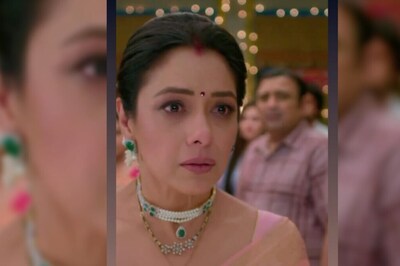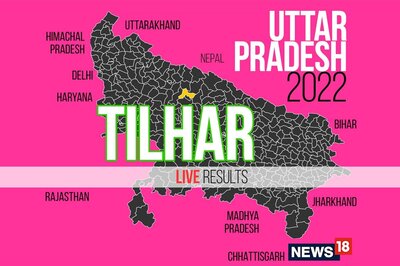
views
New Delhi: The Delhi High Court on Thursday upheld the law allowing jailbirds, except convicts, to contest elections, which was earlier barred by the Supreme Court. A bench of Chief Justice NV Ramana and Justice Manmohan observed that not allowing an arrested accused or an undertrial to contest election on the ground that he has no right to vote while incarcerated "would leave the door open for vendetta politics".
"Extending curtailment of the right to vote of a person in prison to the right to stand in election would, in our opinion, leave the door open for practice of 'vendetta politics' by ruling parties. "All that a politician/ruling party-in-power would need to do to prevent rivals from contesting an election is to ask the police to file a case and to arrest the rivals," the bench said.
The Supreme Court had on July 10, 2013, ruled that a person, who is in jail or in police custody, cannot contest election to legislative bodies. The apex court ruled that only an "elector" can contest the polls and he/she ceases to have the right to cast vote due to confinement in prison or being in custody of police.
The HC held as valid the Centre's Amendment and Validation Act, 2013, which modified Representation of People (RP) Act to enable arrested persons to contest elections. "In fact, by the Amendment and Validation Act, 2013, Parliament has by explicit words overruled the intent which had been read by implication by the court and consequently, changed the basis of 'court's decision' and is, thus, valid.
"Accordingly, the present writ petition and pending application being bereft of merits are dismissed," the court said in its 23-page judgement. It also brushed aside the contention of the petitioner, advocate ML Sharma, that allowing arrested persons to contest polls would lead to criminalisation of politics, saying it "is a case of remedy being worse than the disease".
"This court is also of the view that the petitioner's plea to bar any person, who is in jail or in police custody, from contesting an election on the ground that it would lead to criminalisation of politics, is a case of the remedy being worse than the disease," the bench said.



















Comments
0 comment